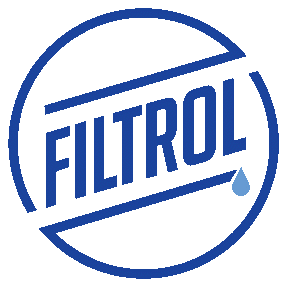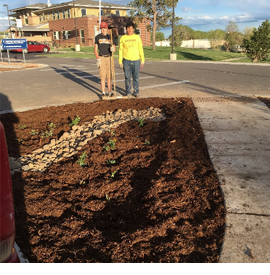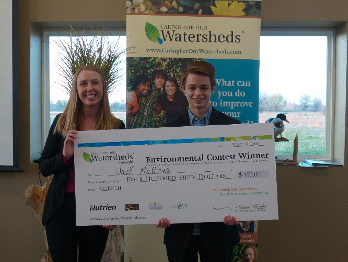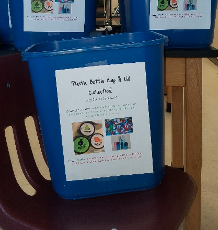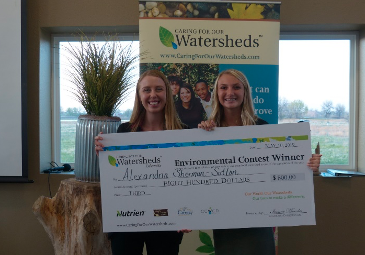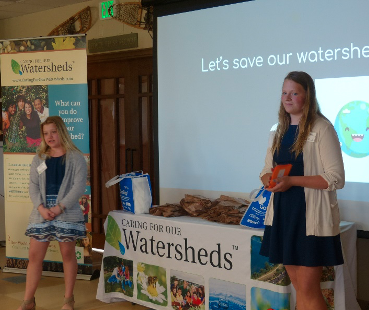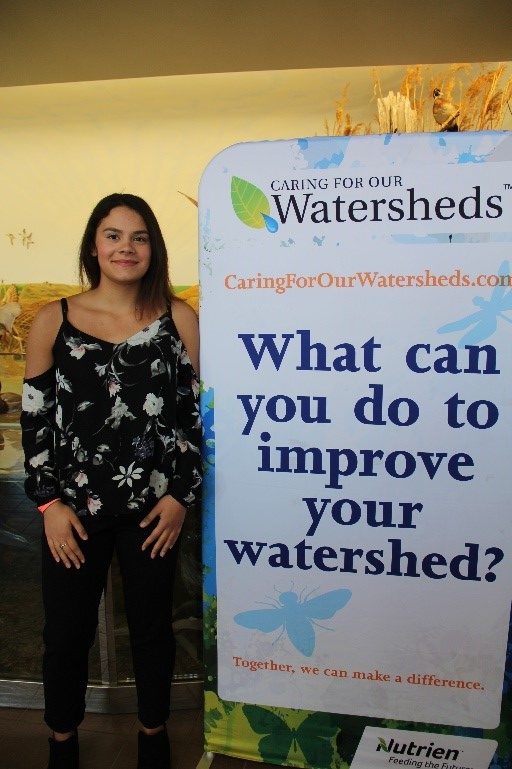 2019, Selkirk, Manitoba, Canada
2019, Selkirk, Manitoba, Canada
Sarah Cadotte, a student from Lord Selkirk Regional Comprehensive Secondary School, wanted to tackle the issue of microplastics in our watershed that come from fibres that drain out of our washing machines when we clean our clothes. She found a product that helps filter out these tiny pieces of fibre by attaching to washing machine drainage hoses. She obtained permission to have three of them installed within her school division. The filters can be emptied into the trash where the plastic pieces can be properly disposed of, rather than making their way into our water systems.
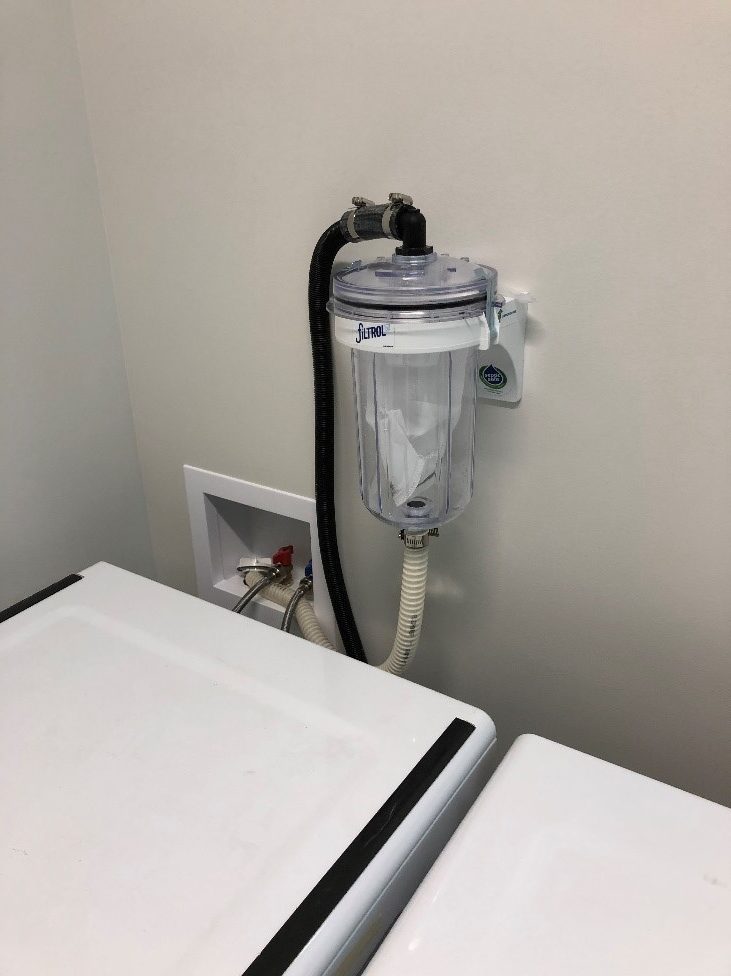
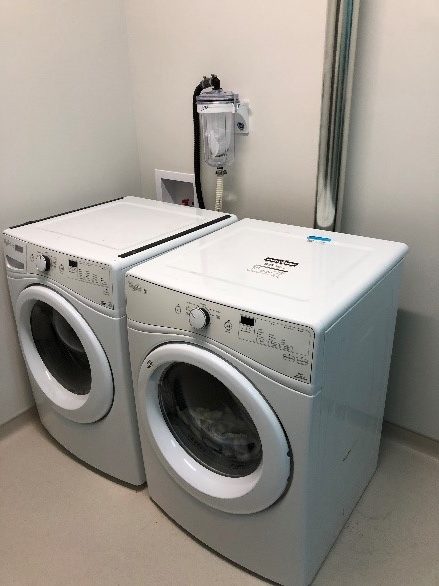
“If I can inspire my community to take action, even in something as small as installing a filter, then maybe there’s a greater hope that eventually, more people can become more economically aware of what’s going on in our waters and how even the smallest things can make great impacts.”

